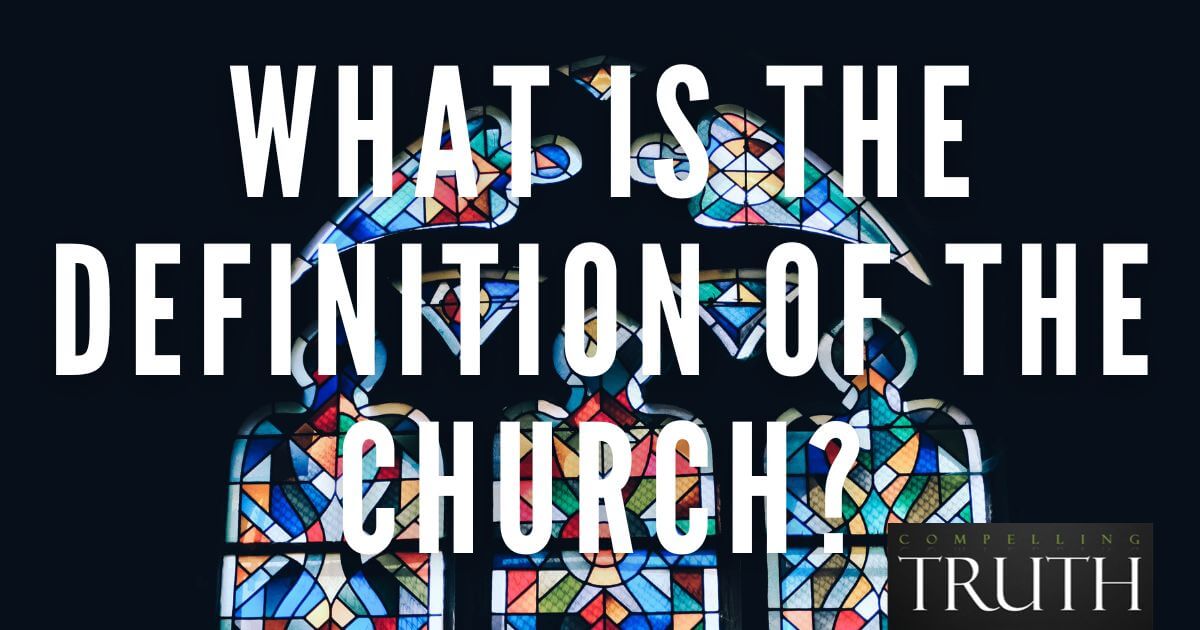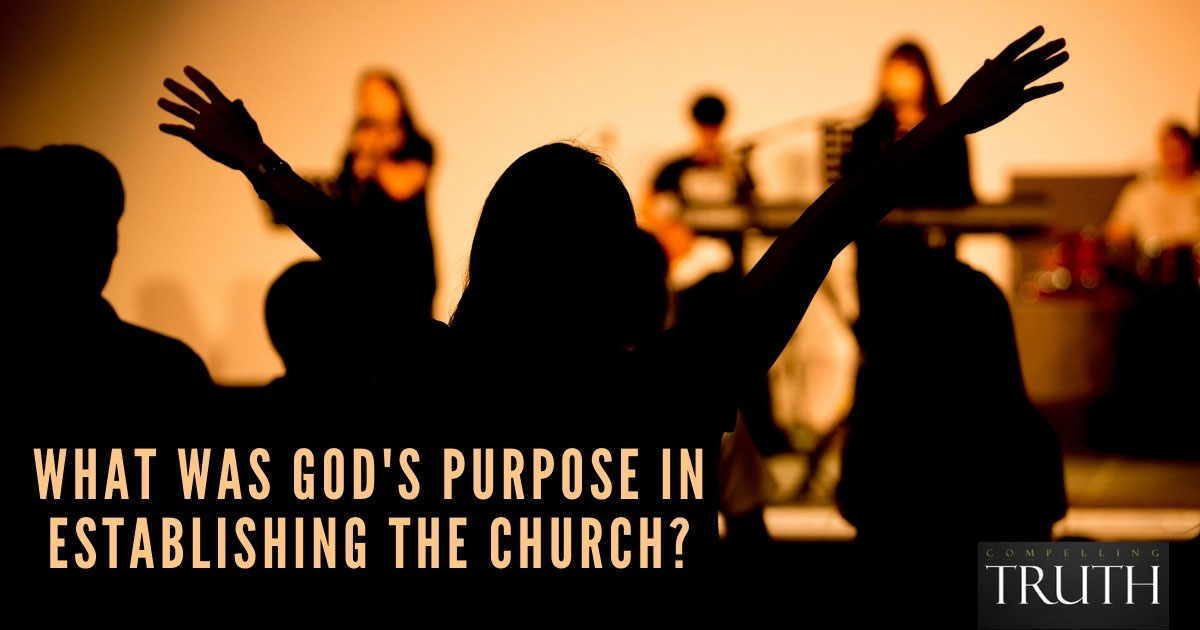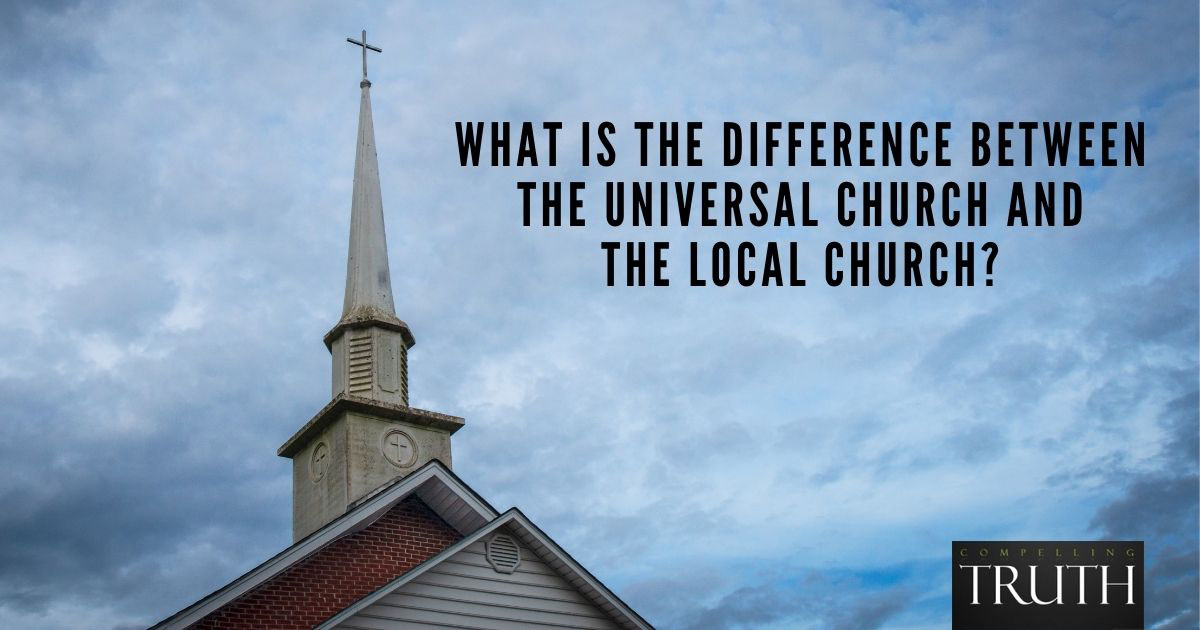what does the bible say?
Ages, or eras, are defined by historians based on specific events or ways of looking at past and future events, such as the Middle Ages in a survey of Western Civilization. Though the Bible is broadly divided into the Old and New Testaments, representing the age of Law and the age of grace, dispensational theologians have further divided history into seven dispensations. The Church Age, which corresponds with the dispensation of grace, is what we live in today. It is also known, in prophetic history, as the time between the 69th and 70th weeks of Daniel (Daniel 9:24–27; Romans 11). The Church was established after Jesus’s death, resurrection, and ascension, when the Holy Spirit came and, for the first time, lived with people permanently (Acts 2; John 14:16), and it will continue until the rapture. After this, all believers will be at the marriage supper of the Lamb (Revelation 19:6–9) and will celebrate Jesus coming for His Church. Until then, the Church is called to make disciples and to reflect Christ to the world.




